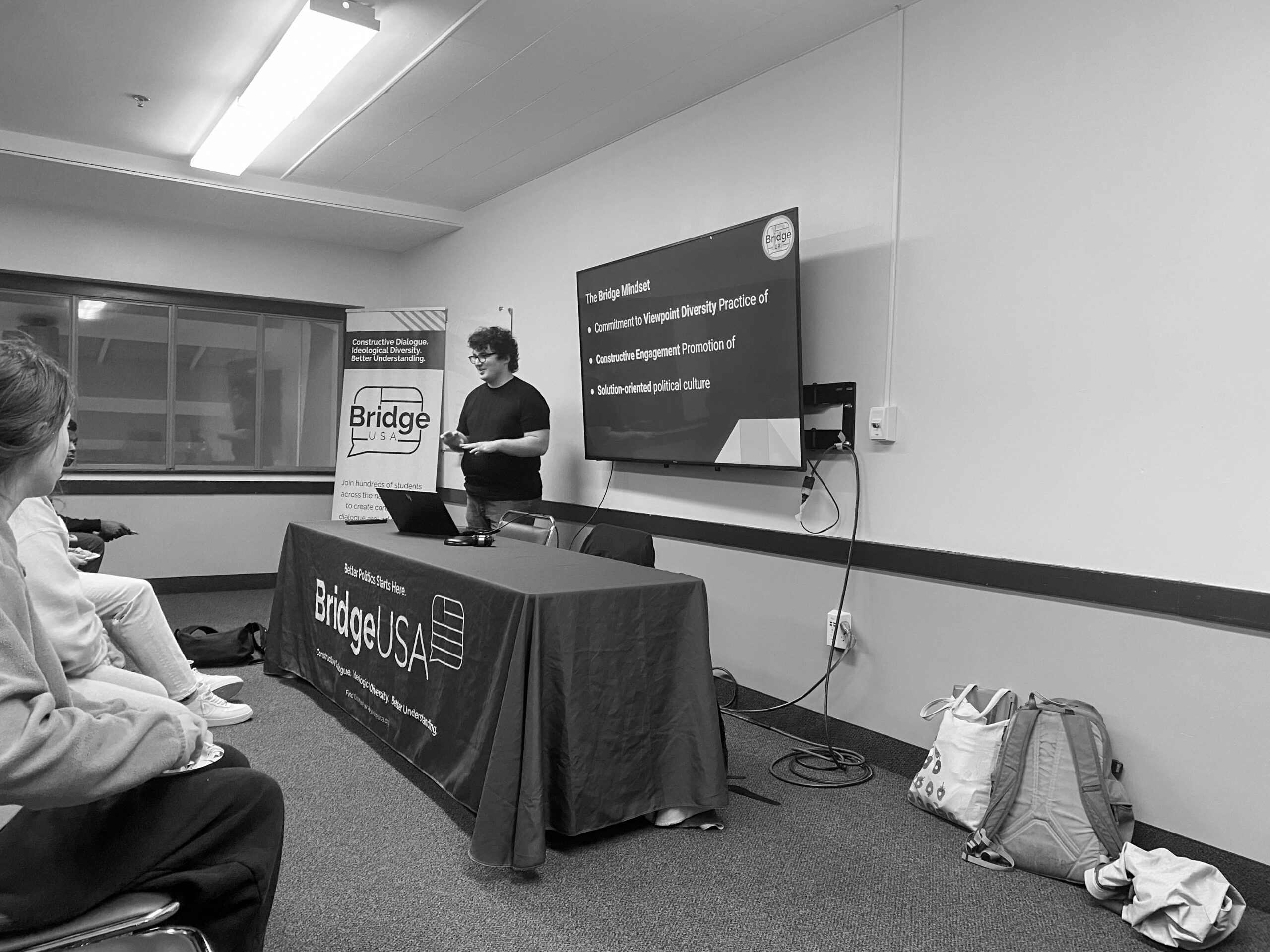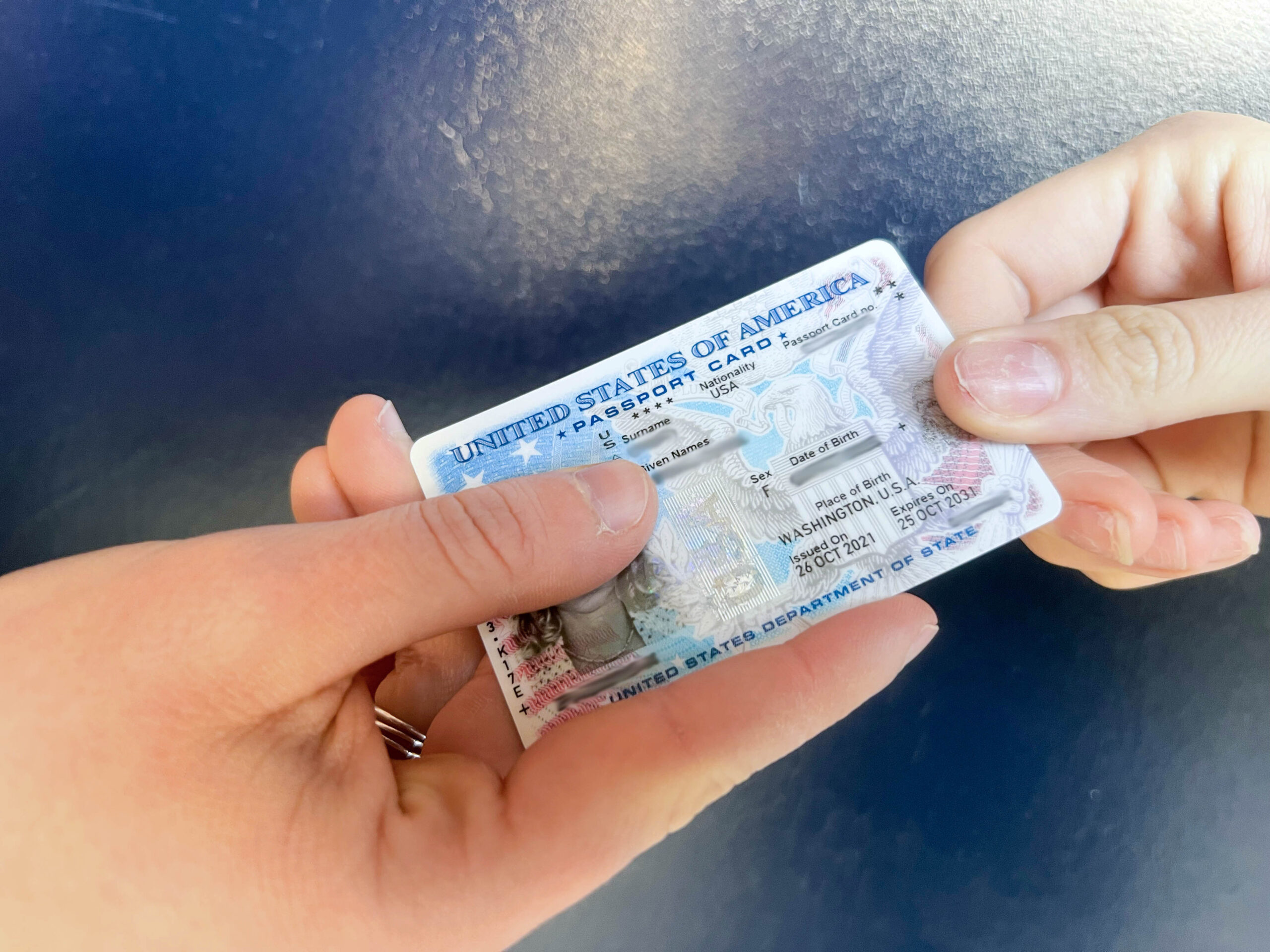The University of Rhode Island has seen an increase in domestic abuse reports due to a growth in campus acknowledgement, discussion and education on the topics of domestic violence and sexual assault .
The first domestic violence report of November was made to the URI Police Department from Burnside Hall on Nov 5. A 22-year-old male was arrested on campus for disorderly conduct and simple assault and/or battery, according to the URI Police log . The investigation is still open and information is not available to the public. Keith Labelle, who works in education, outreach and training as a Title IX deputy coordinator, could not release any information on the incident.
“Students are much more educated than they ever have been,” said Labelle.
This education comes partly from the Bystander Intervention Program , run by URiSTAND members, according to Labelle, who created the program. Additionally, Labelle said that the Violence Prevention and Advocacy Services educate the student body about what domestic abuse looks like, including minor and major instances.
“Twenty years ago, if the same relationships were happening, was there a place that [victims] could come and report it?” Labelle said.
When Violence Prevention and Advocacy Services was established at URI in 2004, there were less reports of domestic violence seen, according to Labelle. While contradictory, the increase in reported cases demonstrates that URiSTAND and VPAS are working. The goal of these groups is to intervene and to provide resources for students looking for help to break the cycle of violence.
“Each case is really individual and personal,” Labelle said. “These crimes are wildly underreported and sort of always have been.”
Emma Wolf, fourth-year psychology and human development and family science double major, reached out to Labelle.
“It was during the class that I started to notice the red flags of my relationship and I would try to push it aside,” Wolf said. “I think taking the class also helped me learn so much about domestic violence in general and it made me feel like I could help other people that might find themselves in similar situations.”
Resources both on and off campus were provided in the bystander intervention class, CSV 302 , according to Wolf. Kelley Ryan, the coordinator of VPAS at URI, was a part of Wolf’s journey as well.
“I was in such a difficult place personally and having such a strong support system made the experience so much smoother,” Wolf said.
The cycle of violence is a pattern within abusive relationships, according to Labelle. The cycle is categorized as three indicative periods in a relationship, beginning with the honeymoon phase, according to the Rhode Island Coalition Against Domestic Violence .
As the relationship progresses out of this initial phase, tension might arise, leading to mood swings and bullying from one partner, according to “Peace at Home,” an informational handbook by the RICADV. The coalition equated this stage to the phrase “walking on eggshells” in a relationship, where one member attempts to placate the abuser. The cycle ends with the explosion in acts of violence toward the victim.
“In most cases, the abuse doesn’t happen 24/7,” Labelle said. “But it does happen again and the cycle continues and typically escalates.”
It begins with minor control, according to Labelle. Isolation is the first sign of a toxic relationship. By controlling who someone sees, contacts or where they go, abusers gain control of their partner and bans them from their support system. URiSTAND and VPAS hope to make students aware of this cycle.
“With the scope of our presentations, people are more educated on our campus,” Labelle said.
Labelle encouraged students to contact professionals to make a safety plan, consider blocking social media accounts, change their routines and issue no contact orders.
By providing resources to college students on how to get help and what signs to look for, victims have been found to seek aid and support, according to Labelle.
For additional resources, URI students can access the Counseling Center , Health Services and the Psychological Consultation Center .



